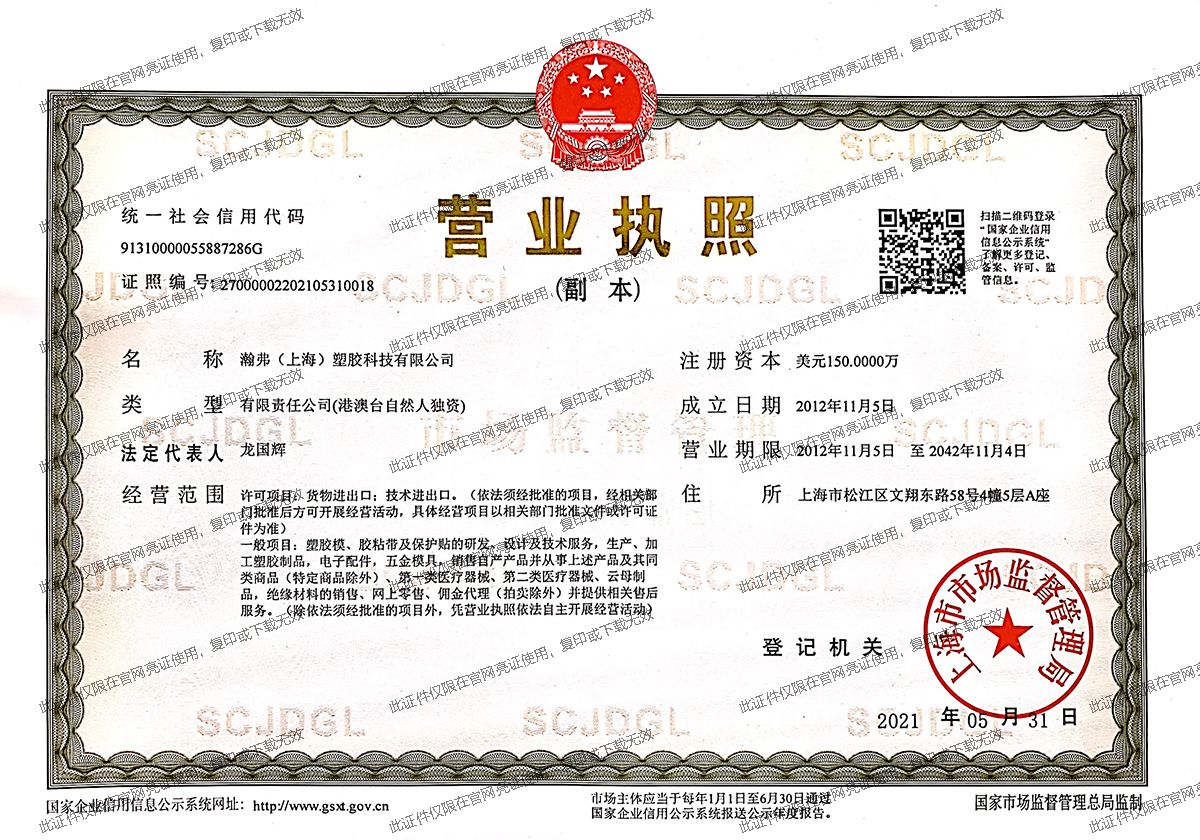
News and Information
2023-05-21 00:00:00
In mid May, Volkswagen Group announced that it will jointly establish a battery factory in Europe with its partners. Volkswagen Group CEO Diess bluntly stated that this decision "will become an important milestone for the future development of Volkswagen Group".
From seeking cooperation with battery suppliers to building their own battery factories, how to have a stable and excellent source of power batteries has become a new direction for domestic and foreign car companies in the wave of new energy development.
Battery manufacturers have become a hot commodity
Collaborating with professional battery manufacturers for battery procurement is currently the main way for OEMs to supply electric vehicle batteries.
At the end of 2018, Daimler announced that it would promote the company's electrification transformation through a power cell procurement plan worth over 20 billion euros; It is expected that by 2022, over 130 electrified Mercedes Benz passenger car products will be launched.
Volkswagen, which focuses on electrification as its main direction, has also selected China's CATL, South Korea's SK Innovation, LG Chem, and Samsung SDI as its power battery suppliers. Among them, CATL will supply batteries for pure electric vehicle products in China.
Overseas car companies such as BMW and Volvo have also chosen CATL for cooperation in the field of power batteries. In July 2018, BMW Brilliance Automotive signed a Strategic Cooperation Agreement with CATL. According to the agreement, CATL became BMW Brilliance Automotive's strategic partner in the field of lithium-ion batteries and will provide battery cells for the next generation of power batteries for all new energy vehicle models of BMW Brilliance Automotive. In May of this year, Volvo also included CATL in its power battery supplier system. CATL will work with LG Chem to provide lithium-ion batteries for Volvo's next-generation electric vehicles and Polestar cars.
Power battery supply constrains vehicle production capacity
There are technical barriers and industry barriers in the production of power batteries. For car companies, leveraging professional battery manufacturers is a better way to quickly meet the supply of power batteries. However, as the core field of electric vehicles, three electric technology has data showing that battery costs account for 30% or even 50% of the total vehicle cost. For such critical components, car companies naturally do not want to overly rely on external suppliers.
In fact, as more and more OEMs join the electrification team, the supply of power batteries is gradually facing a situation of more monks than porridge.
According to foreign media reports, due to LG Chem's inability to supply enough batteries, Audi is planning to lower the established production capacity of its pure electric SUV product e-tron. In response, Volkswagen Group CEO Diess also urged power battery partners to increase production capacity and build super battery factories.
Tesla, the "number one traffic" in electric vehicles, also faces the constraint of insufficient battery production. Panasonic, as the exclusive supplier of Tesla's power batteries, provides batteries for Tesla's Model S, Model X, and Model 3. Recently, Panasonic stated that with the mass production of Tesla Model Y in 2020, the batteries produced by the company may not be sufficient to meet Tesla's development needs. In April of this year, Tesla CEO Elon Musk? Musk has also publicly stated that Panasonic's speed in producing batteries is hindering the expansion of Model 3 production.
